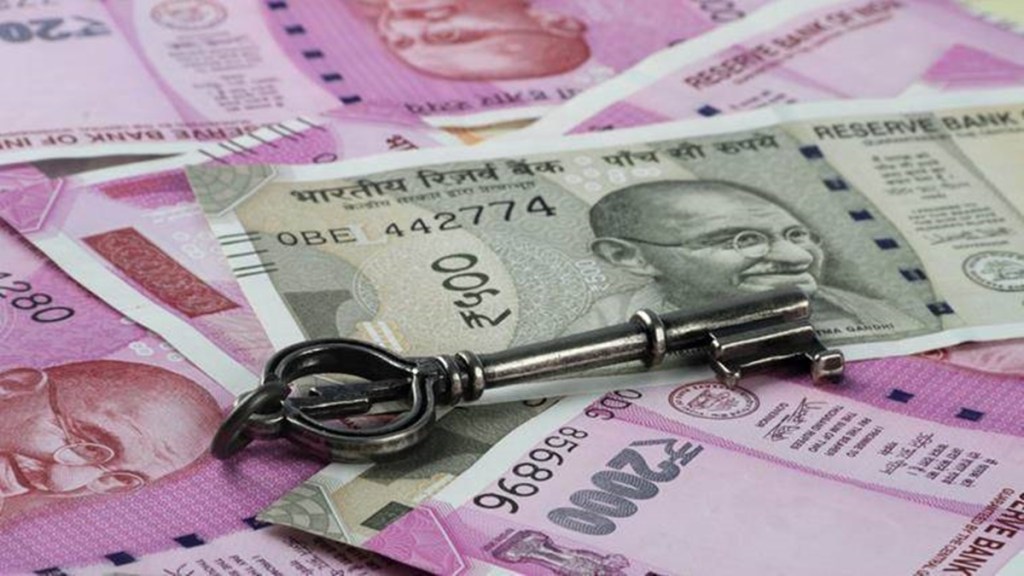The 13th Finance Commission (FC) was set up in 2007 and its recommendations were to be given effect from 2010 to 2015. The chairman was Vijay Kelkar. A FC is set up under Article 280 of the Constitution and its recommendations cover (a) vertical devolution (Union to state transfers); (b) horizontal distribution (between states, on basis of a formula varying from FC to FC); and (c) grant-in-aid (usually written as grants-in-aid). Grant-in-aid is covered under Article 275. “Such sums as Parliament may by law provide shall be charged on the Consolidated Fund of India in each year as grants-in-aid of the revenues of such States as Parliament may determine to be in need of assistance, and different sums may be fixed for different States.” There is a difference between grant (Article 282) and grant-in-aid. The latter is when the recipient operates at arm’s length. Thus, grant-in-aid is not subject to as many tight controls as grant is. FCs submit detailed reports. The 15th FC (chaired by NK Singh) had a four-volume report. There were many recommendations—depending on how you count, more than a hundred. Like other FCs, the 15th FC suggested reforms, at Union and state-government level, and there were performance-based grants. At the risk of sounding negative, all such homilies are generally ignored as pious intentions. This is also true of state FCs. All that is relevant is resources available under (a), (b) and (c). The rest can be ignored.
Lest this sound uncharitable, let’s go back to the report of the 13th FC, and more particularly, chapter 12 of the report, on grants-in-aid. “Grants-in-aid are an important component of Finance Commission transfers…..In their memoranda to us, a few states have argued that grants should be restricted to only a small portion of the states’ share in FC transfers. They have argued that grants have been directed to particular sectors and with conditionalities that restrict the expenditure options of the states. In our assessment, grants-in-aid are an important instrument which enable the Commission to make its scheme of transfers more comprehensive and address various issues spelt out in the ToR.” The objection (by states) seems to be more to conditionalities, not a principled objection to distortions caused by focusing on specific sectors. Among several such grants made by 13th FC, let me pick two—justice delivery and the statistical system. Let me quote what the 13th FC hoped would happen. The question of what actually happened is rhetorical. The answers are obvious and embarrassing.
“There are over 3 crore cases pending in various courts in the country today. At the very least, current filings need to be disposed off, to prevent accumulation of arrears…. The Department of Justice has identified a number of initiatives which are part of this action plan and need support. The first is increasing the number of court working hours using the existing infrastructure by holding morning/evening/shift courts. The second entails enhancing support to Lok Adalats to reduce the pressure on regular courts. The third initiative involves providing additional funding to State Legal Services Authorities to enable them to enhance legal aid to the marginalised and empower them to access justice. The fourth is promoting the Alternate Dispute Resolution (ADR) mechanism to resolve part of the disputes outside the court system. The fifth is enhancing capacity of judicial officers and public prosecutors through training programmes. The sixth relates to supporting creation of a judicial academy in every state to facilitate such training.” Plus, there were going to be Court Managers. The great expectations were the following. “It is expected that about 14,825 such courts can dispose off 225 lakh pending as well as freshly filed cases of a minor nature within a year. This aggregates to 1125 lakh cases over the period 2010-15. An amount of Rs 2500 crore is being provided to facilitate setting up of such courts, which has been allocated to each state in accordance with the number of sanctioned courts.” Plus, there was a “condition” about state governments formulating a “State Litigation Policy”. Charles Dickens wrote several novels. Great Expectations may have been one. But Bleak House was another.
What about the other one, the statistical system? “Comparable estimates of district income are extremely relevant for measuring intra-state income disparities. This will enable State Governments to effectively plan policy and programme interventions…For equitable horizontal distribution, the measurement of cost disabilities is important. The cost of services varies across states due to a large number of factors such as geographic location, population size and distribution and demographic characteristics. Further, to estimate cost disabilities of states, two types of data are required: (a) quantifiable measure of the level of various services available in different states and (b) the corresponding unit cost. As of now, such data are not available. Measurement of inter-regional trade data would be useful to provide insights in an inter-regional framework….We recommend that the Ministry of Statistics take steps to fill in the statistical gaps outlined above.” Charles Dickens also wrote a novel called Hard Times.
There is some speculation now about the 16th FC and what it will recommend, presumably on (a), (b) and (c). Paraphrasing that cliched quote from A Tale of Two Cities, it is the best of times, it is the epoch of belief, it is the spring of hope. But so far as the normative and prescriptive recommendations of FCs are concerned, “the period was so far like the present period” and we need to dampen our expectations.
The writer is chairman, EAC-PM

